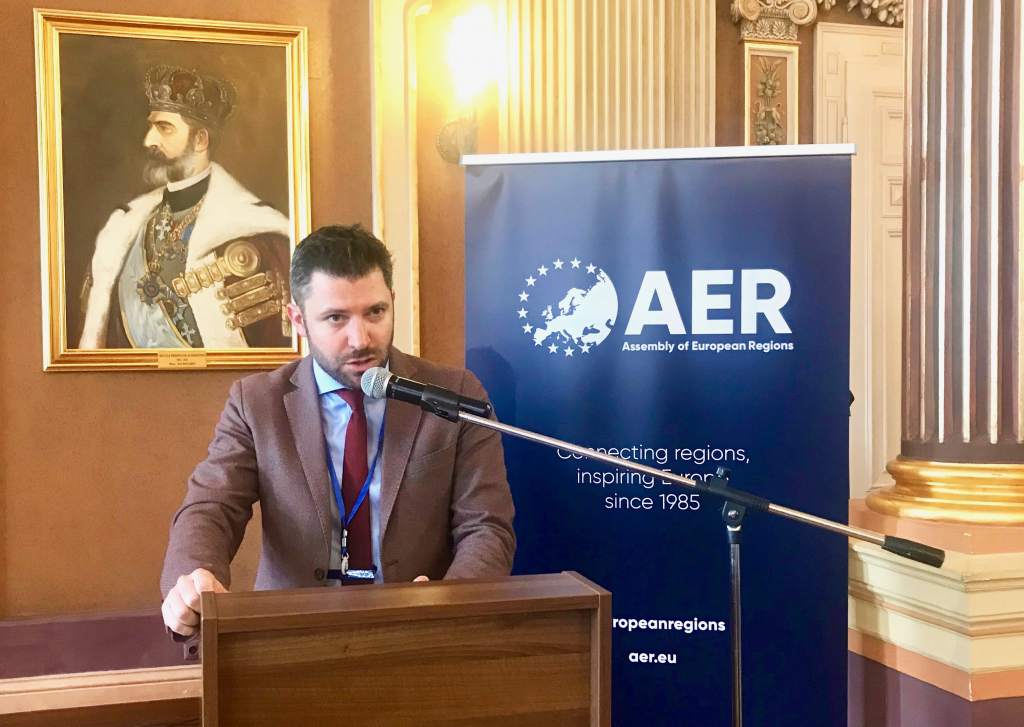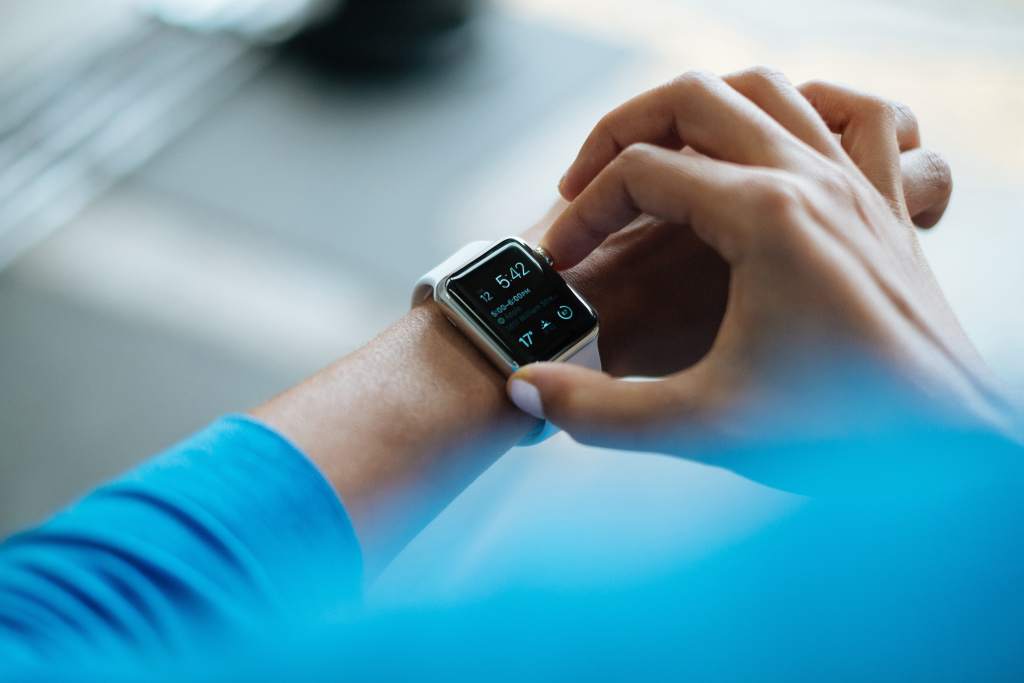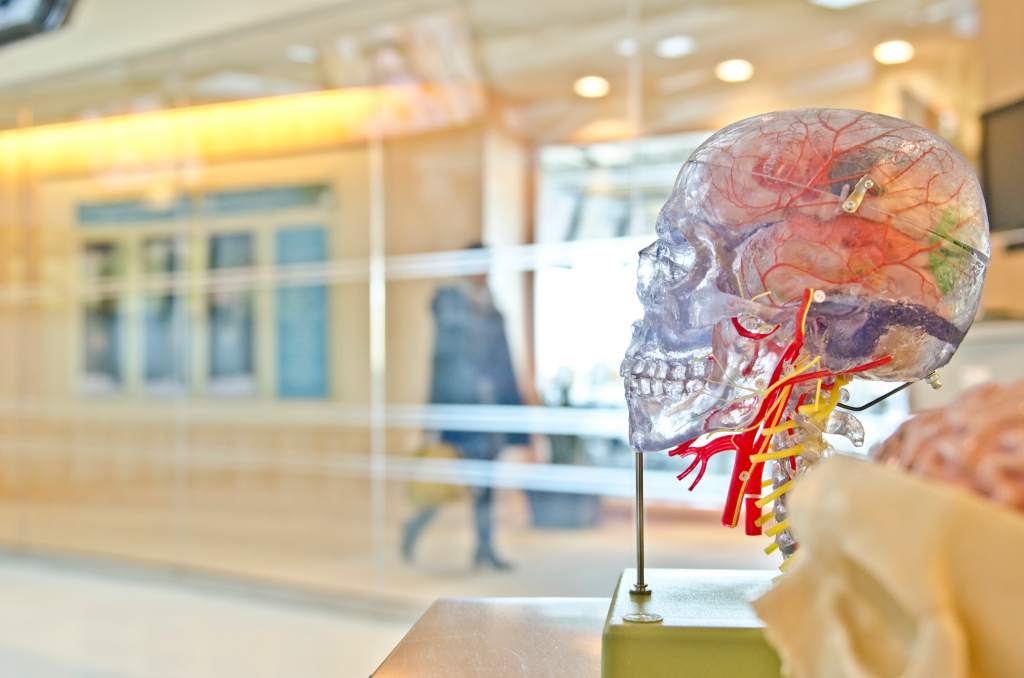Committee 2 Annual Report June 2017 – May 2018
The General Assembly is the highest authority of AER and convenes representatives of all its full members at least once a year. The General Assembly adopts among other things, the ... Read More











